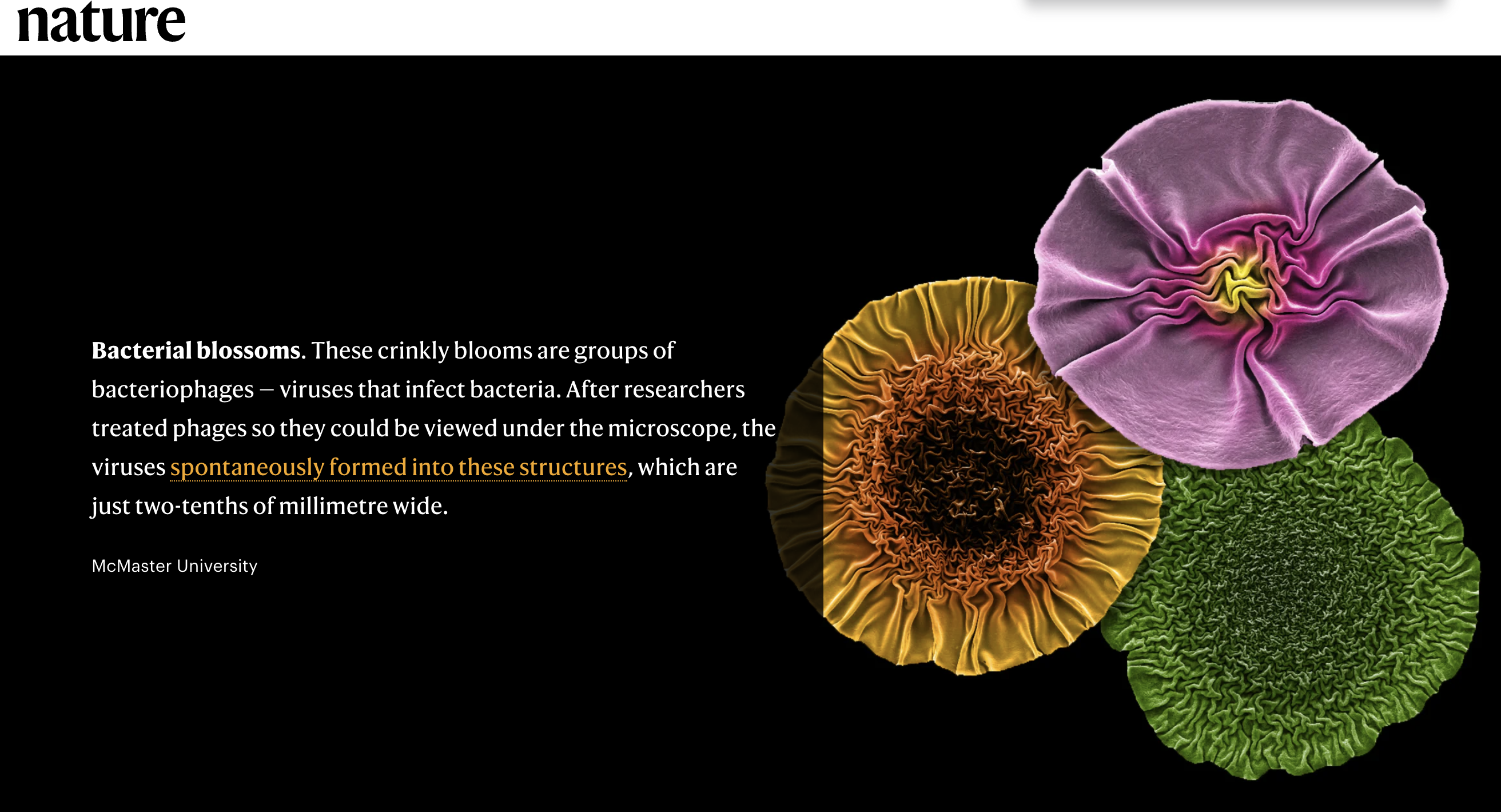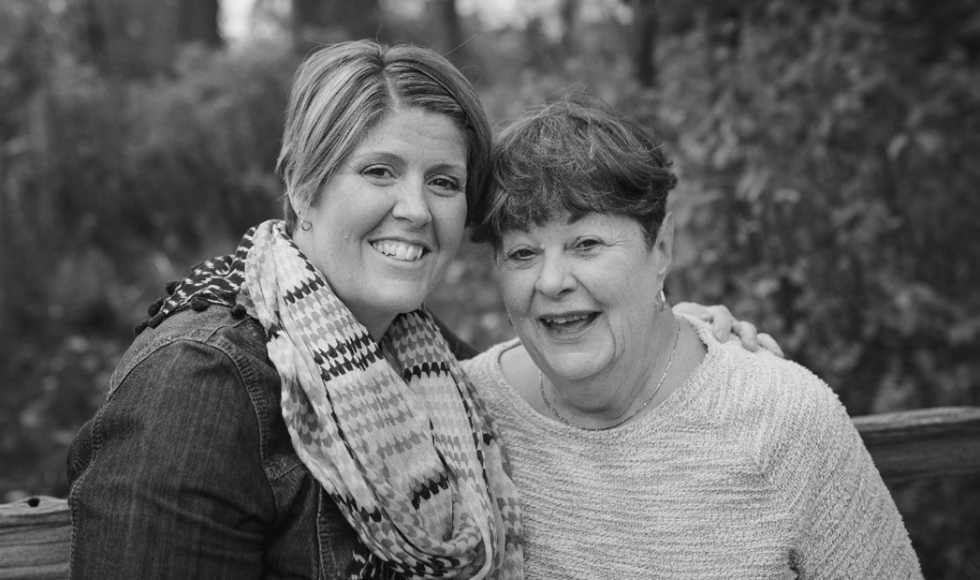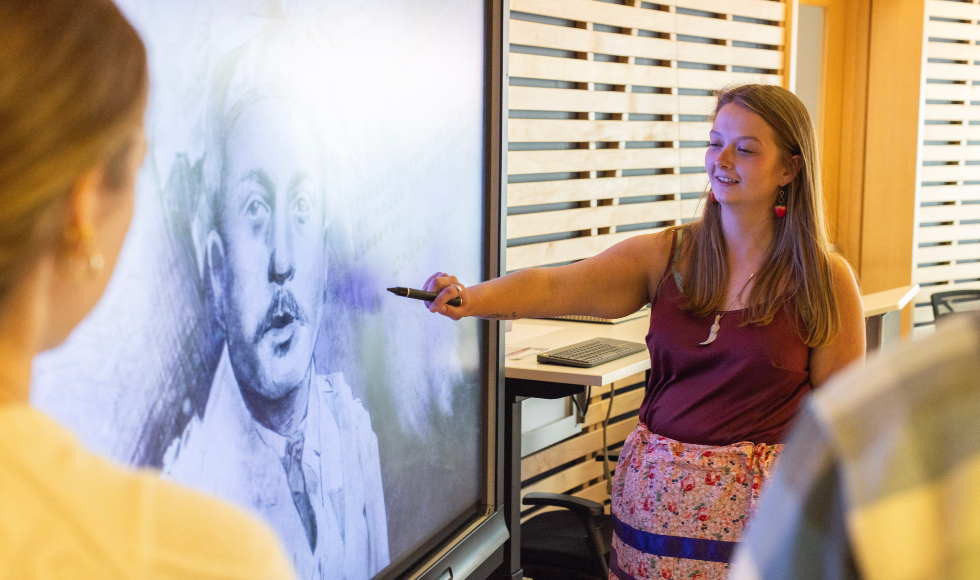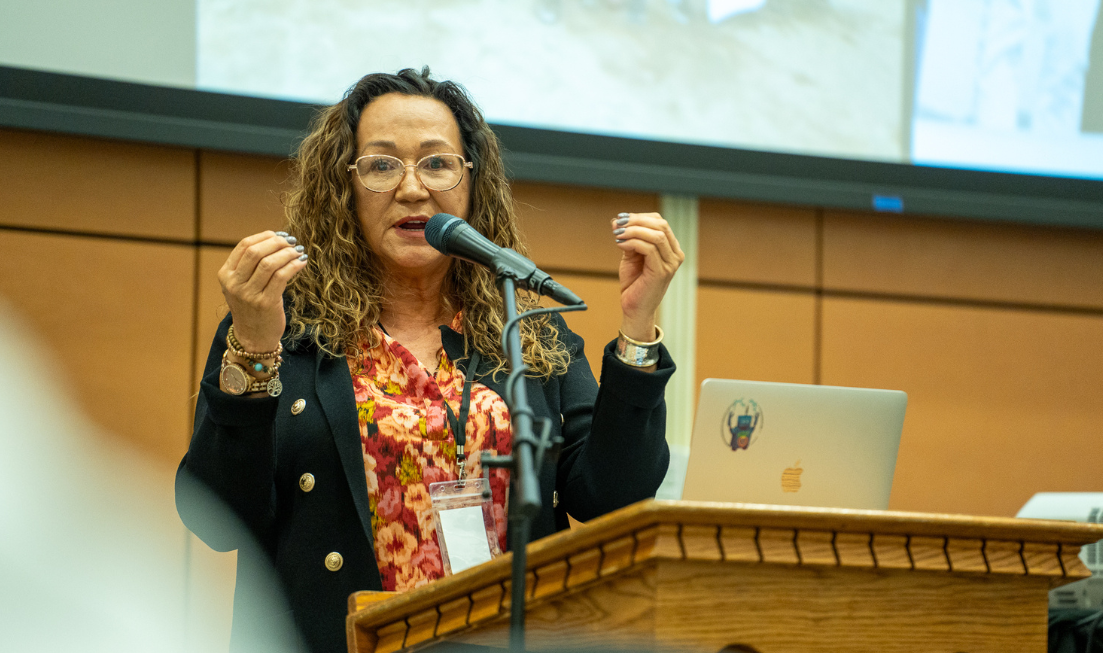McMaster research in 2024: From AI innovation to breakthroughs in health care

There's not enough of the year left to list all the impactful research our students and faculty have been involved in, so here’s a quick sampling of some of McMaster’s best-read research stories from the past year. (Photo by Georgia Kirkos, McMaster University)
December 17, 2024
Whether it’s breakthroughs in evidence-based health research, sustainability solutions, AI innovation or climate justice, the research community at McMaster is constantly charting new territory.
2024 was a year of complex challenges, and our faculty members and students stepped up to find solutions. They worked tirelessly to improve planetary health, remove barriers to equity, connect communities and make our world and society greener, healthier and safer.
As we look ahead to the new year and its boundless possibilities, here is a sampling — just a fraction — of research stories, findings and advances in key fields from 2024.
Health
Researchers from across campus are playing a role in creating a healthier world, exploring ways to treat and prevent acute and chronic illnesses, and keeping us safe from infections and superbugs.
When a global expert on viral pandemics says it’s time to shift our approach to preventing infection, rather than deploying a rapid response once infection is widespread, we listen. Matthew Miller is the director of the Michael G. DeGroote Institute for Infectious Disease Research, where researchers are leading innovative work on antibiotic resistance, Mpox and transporting and using bacteriophages to beat superbugs.
Zeinab Hosseini-Doust, Tohid Didar, Carlos Filipe and their team have developed a test using novel technology to find bacteria in liquids and indicate their presence by changing colour — promising news for diagnostics and food safety.

Jakob Magolan and Sheila Singh discovered a critical vulnerability in metastatic brain cancer, and identified a therapeutic approach to prevent cancer from spreading to the brain. And a clinical trial that aims to improve care for Canadians with blood cancer received $4.9 million in support from Pfizer.
Click these links to learn about new findings on childhood food allergies; breakthroughs in understanding celiac disease; and how healthspan is different from lifespan (but the less different they are, the better).
And from a professor in Greek and Roman Studies, a radically practical Greek and Latin course helps future health-care workers by demystifying the languages of medical science and anatomical terms.
Nuclear medicine, energy and technology
McMaster is a global leader in nuclear medicine, with the facilities and expertise to take radiopharmaceuticals from the nuclear reactor core to the clinic. And the future is only getting brighter.

“Medical isotopes really do give us hope,” Karin Stephenson says, speaking from both professional and personal experience. Stephenson is a leading expert on medical isotopes — tiny particles used to diagnose and treat cancer. A few years ago, her mother had a scan with these isotopes that caught an aggressive but hard-to-detect form of cancer that likely would have proved fatal.
Fusion Pharmaceuticals, founded by McMaster researcher John Valliant, develops next-generation cancer therapies that are targeted, personalized and more effective than traditional cancer treatments. This year, AstraZeneca acquired Fusion for $2 billion (US), making it one of the highest-valued acquisitions of a Canadian university spinout company.
McMaster Nuclear Operations and Facilities worked with the DeGroote School of Business on GRIT Week, an immersive experiential learning program that built on McMaster’s comprehensive expertise in nuclear science.
Click here to learn more about the year we had at Canada’s Nuclear University.
Environmental sustainability and climate justice
Working at the intersection of science and society, McMaster researchers are finding ways forward in the face of our ongoing climate crisis.

Keena Trowell is working on a promising way of reducing greenhouse gas emissions while powering remote communities with renewable energy. Her hope is that her work on metal-water reactions will help Canada emerge as a leader in clean energy systems that will help people around the world.
DeGroote School of Business professor Lingling Shi makes a case for a battery leasing model that could increase adoption of electric vehicles.
Ingrid Waldron’s decades of advocacy and expertise on addressing environmental racism led to Canada’s first environmental justice law.
Undergraduates from across disciplines in the Faculty of Science made their mark at a world-class research centre, designing and running a marine conservation experiment during the experiential opportunity of a lifetime.
From advocacy at the COP29 summit of global leaders to grassroots work at our local living labs; from Jim Cotton’s technology that reuses energy waste to Li Xi’s work on the circular vinyl economy, our researchers are committed to addressing climate change and making our world and society more sustainable.
Indigenous research
Indigenous research at McMaster spans disciplines – and time – in a year that has seen both new beginnings and recognitions of significant legacies.

Allan Downey’s Resurgent Histories: Indigenous History Lab brings together Indigenous youth, scholars, artists and community organizations to share history from Indigenous communities through film. Click here to learn more about the lab and the new short film Deskaheh.

As Indigenous Studies entered its second year as a full department, Dawn Martin-Hill, a giant of Indigenous scholarship, retired from the university, but only after passing the stewardship of the land, the water — and her considerable legacy — to a new generation of scholars.
Click here to learn more about Indigenous research at McMaster, and here to learn about Shekon Neechie, a groundbreaking website created by Indigenous scholars.
Digital innovation and ethics
AI is everywhere — and at Mac, it’s helping researchers tackle climate change and antibiotic resistance. Researchers are also providing guidance on its ethical use, as well as raising concerns about potential misuses — and what we can do about them.

It’s a digital world, and Jon Stokes is . . . stoked. But using machine learning to accelerate antibiotic discovery isn’t enough to fight the growing problem of antibiotic resistance, so he started his own company: Stoked Bio will work to quickly move new antibiotic candidates from the Stokes Lab at McMaster toward commercialization.
Meanwhile, engineering professor Wael el-Dakhakhni is creating predictive AI models to protect cities from climate damage.
Outside the lab, with AI at all our fingertips and bots spreading misinformation, preserving public and personal trust is a growing challenge. Experts Alex Sévigny and Terry Flynn offer guidelines for preserving communications integrity, while postdoctoral fellow Ori Frieman lays out a path for implementing central bank digital currencies.


